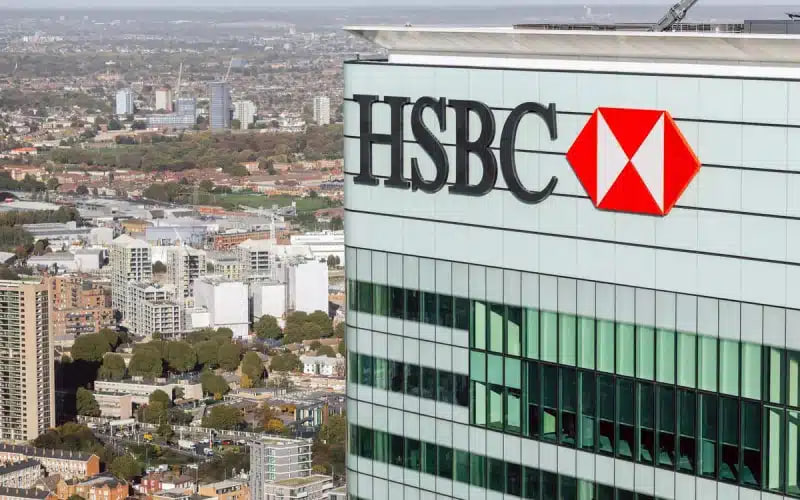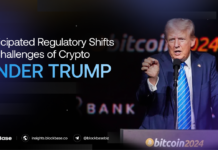The Securities and Futures Commission (SFC), Hong Kong’s securities watchdog, released two circulars to regulate intermediaries involved in tokenized securities and the tokenization of SFC-authorized investment products.
These circulars offer guidance to intermediaries participating in activities related to securities tokenization and outline the prerequisites for tokenizing SFC-authorized investment products. Specifically, SFC held the view that securities tokenized are “fundamentally traditional securities with a tokenization wrapper” and “the existing legal and regulatory requirements governing the traditional securities markets continue to apply to tokenized securities.”

Additionally, the SFC emphasized that intermediaries providing advice on tokenized securities, managing tokenized securities in the structure of tokenized funds, and facilitating secondary market trading of tokenized securities on virtual asset trading platforms must adhere to established conduct standards for activities related to securities.
In recent times, there has been a growing focus on discussions concerning tokenization, and the SFC noted that “financial institutions have shown increased interest in tokenizing conventional financial instruments within the global financial landscape.”
The regulatory watchdog clarified that it has been evaluating various propositions regarding the tokenization of SFC-authorized investment products. These proposals encompass primary issuance and secondary trading of tokenized products on a virtual asset trading platform licensed by the SFC.
The SFC recognizes the potential advantages of tokenization for financial markets, particularly in terms of enhanced efficiency, increased transparency, reduced settlement times, and decreased costs for traditional finance. However, it is also mindful of the emerging risks associated with this technology.
This recent guidance from the regulatory authority coincides with the city’s active exploration and examination of tokenization. The Hong Kong Monetary Authority, its de facto central bank, in February issued the world’s first tokenized green bond, raising around $100 million
Traditional financial institutions are increasingly showing interest in the tokenization sector. HSBC, a prominent financial giant, has entered the realm of tokenized assets, with a specific focus on gold. The bank has introduced tokenized ownership of physical gold stored in its London vault, leveraging blockchain technology for asset trading. Tokenized physical gold can now be exchanged between HSBC and institutional investors via the HSBC Evolve platform.

This development coincides with the ongoing advancements in the tokenization space and appears promising for certain investors due to current macroeconomic conditions. The prevailing high-yield environment has recently prompted the digitization of financial assets, including sovereign bonds, money market funds, and repurchase agreements. Given the growing interest in gold as a hedge against inflation, tokenized gold is well-positioned to play a significant role in the shift towards on-chain finance. Tokenization holds the potential to be a compelling use case for traditional financial players and could become a significant element in the emerging crypto market landscape.





